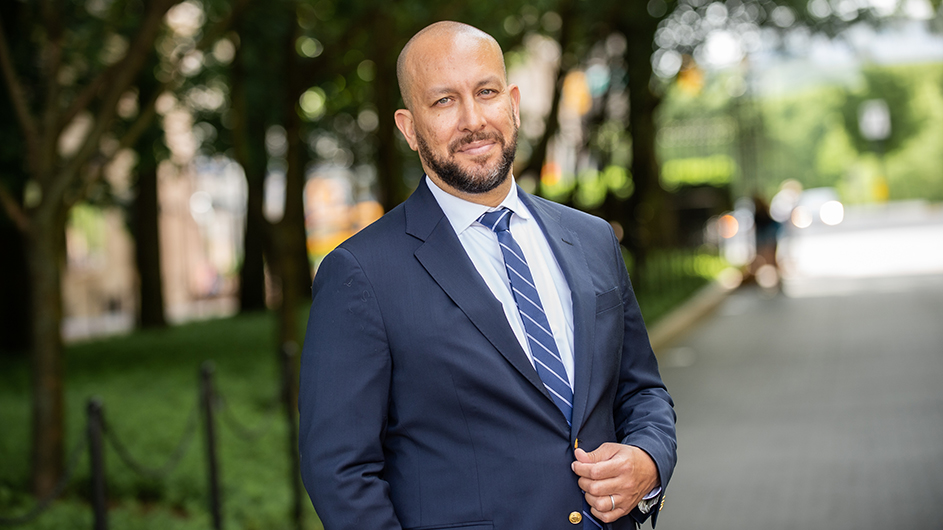
Can you give some examples from Black is a Church of ways in which religion (namely, Protestant Christianity) is at the center of Black life in the U.S.?
In chapter one, I begin by looking at the ways in which, in the literary genre of slave narratives, an emerging notion of racial identity—what will eventually be named as Blackness—and a set of normative debates about the substance of Christian faith and religion, more generally, are braided together, all against the backdrop of a quest for freedom. Both chapters two and three continue to pursue these questions by examining, first, new religious movements—from American Pentecostalism to religious pluralism—at the turn of the 20th century, and then, emerging scholarship on race and culture, circa World War II.
Black is a Church ends with a chapter that brings together the foci of the first three, by analyzing some of the ways that various understandings of Christianity continue to shape Black life, across the spheres of literature, scholarship, and activism in the 1990s and the early years of the 21st century.
What’s the last book you read that made you laugh? Which recent book made you cry?
Not long ago, I was invited to join a small book club—just a handful of guys meeting on Zoom—which has helped me redevelop a reading practice not tied to work. Frankly, it’s been hard to keep up with the reading while adjusting to the demands of my first year as dean of Columbia College. But the conversations the group has had have provided balanced portions of religion, politics, and self-reflection—and a measure of good humor, too.
Some of the books we’ve read include J.M. Coetzee’s The Lives of Animals, Reinhold Neibuhr’s The Irony of American History, and Cloud Cuckoo Land by Anthony Doerr. I have yet to cry with any of the books, or in the group; but we have shared plenty of laughs. And I’m grateful for that.
What’s the most interesting thing you learned from a book lately?
Courtesy of Coetzee—breaking with the expected conventions of a genre, if done well, can be an incredibly effective form of argumentation.
Any exciting summer plans?
I’m not sure exciting is the best word, but I am looking forward to my wife and I celebrating a milestone anniversary this July. We are planning a short trip (to an undisclosed location), which I am very excited about.
Which three scholars, dead or alive, would you invite to a dinner party, and why?
The historian Robin D.G. Kelley, now at UCLA. In the 1990s, he published an essay that explored the nexus of religion and Black life in the context of Black working-class life in the South. In that essay, among other topics, Kelley challenged a long-standing academic orthodoxy for thinking about where and how religion has shaped Black political activism. I’d be curious to hear his thoughts on where the field of Black studies currently sits in relationship to that specific challenge.
Hortense Spillers, a scholar of literature and professor emeritus at Vanderbilt. She wrote her dissertation, “Fabrics of History: Essays on the Black Sermon,” on the figure of the Black preacher, yet she never published it as a book. It is finally slated for publication with Duke University Press, in 2024 or 2025. I would love to speak with Spillers about how religion—and Black Christianity, specifically—has figured in Black literary and cultural criticism during the decades between her writing her dissertation and its publication as a book.
Lastly, the late Leonard Lovett, Pentecostal clergyman, professor of theology, and founding dean of C.H. Mason Seminary in Atlanta, with whom I took the Black Theology course at Oral Roberts University in the 1990s. I reconnected with him in the early 2000s for a research project I was leading, but I would welcome the opportunity to ask him some questions about that term paper I wrote back then, and, especially, what it was like to teach Black Theology at Oral Roberts during the 1990s.

